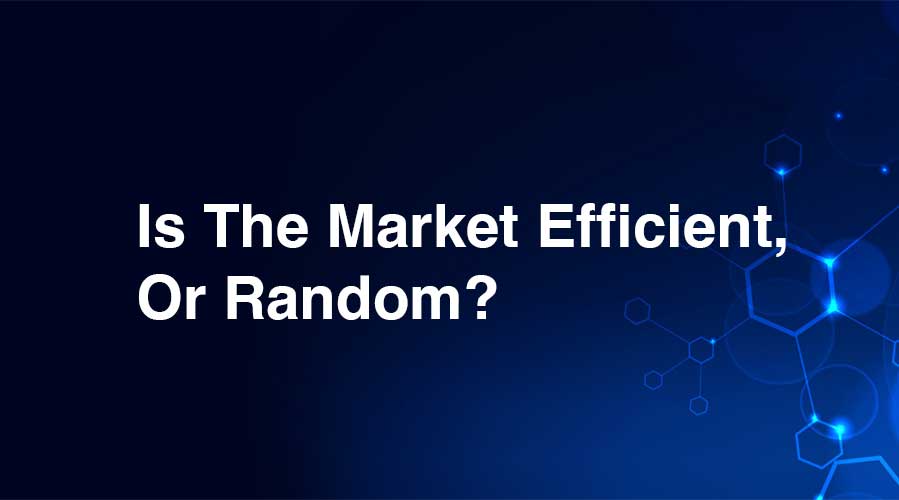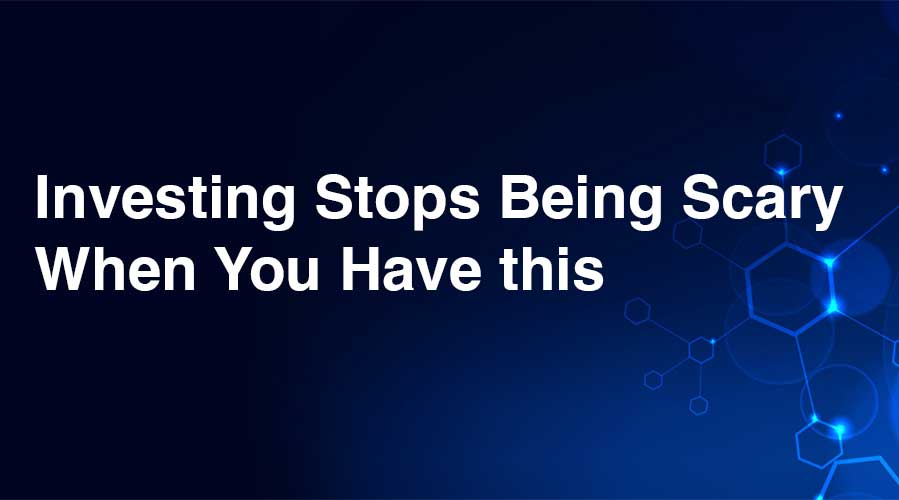What makes you a good investor?
Is it because you make great decisions?
You have the most knowledge?
A killer strategy?
What if I told you that, even if you had all three of these, you may not be doing as well as investors who are…
Dead.
Dead investors can’t make any decisions.
They know nothing.
Strategy? Unlikely, six feet under.
Let me explain.
According to a mythical study by Fidelity widely referenced in the investing world, but never confirmed, the broker’s best performing client accounts belonged to people who had either died, or had forgotten they had an account.
So, what can we learn from the dead?
Trading is hazardous to your wealth
For those of us with a heartbeat, we tend to be less than perfect in our investing.
We:
- Are impatient
- Make emotional decisions
- Let ego dictate our moves
This means we trade more.
100% more than the dead.
With each trade, we lose money to trading fees.
We pay taxes on gains.
We realize losses.
Increased trading activity often contributes to poor investment performance.
Become an expert at feigning lifelessness
If the dead are good at one thing, it’s being patient.
You could say they are the ultimate passive investors.
When Warren Buffett says his ideal holding period is forever, then the dead are *cough* living that ideal.
When you buy into an entire market, or sector of the market through ETFs — and then do nothing — you’re emulating a dead investor.
You sit back and get rich slowly.
This mythical Fidelity study proves — on a long enough timeline, at least — this strategy is highly effective.
Inaction can be a super power
Society has always praised people for taking action.
It’s also one of the things I pride myself on.
But when it comes to investing, inaction is often more powerful.
Not making emotional decisions.
Not FOMOing in and out of positions because of the news.
These things sound simple to avoid.
But they’re easy to fall for.
Don’t get me wrong, complete inaction, is not good.
Afterall, you have to take action at some point to invest in anything.
But, making calm and calculated decisions is usually best.
We can learn a lot from Fidelity’s mythical dead (or just inactive) investors.
Reducing trading activity saves on fees, taxes and realized losses.
Time in the market, as the saying goes, generates more value than timing the market.
Knowledge pays the best interest,
Navarre
The Data-Driven Investor



